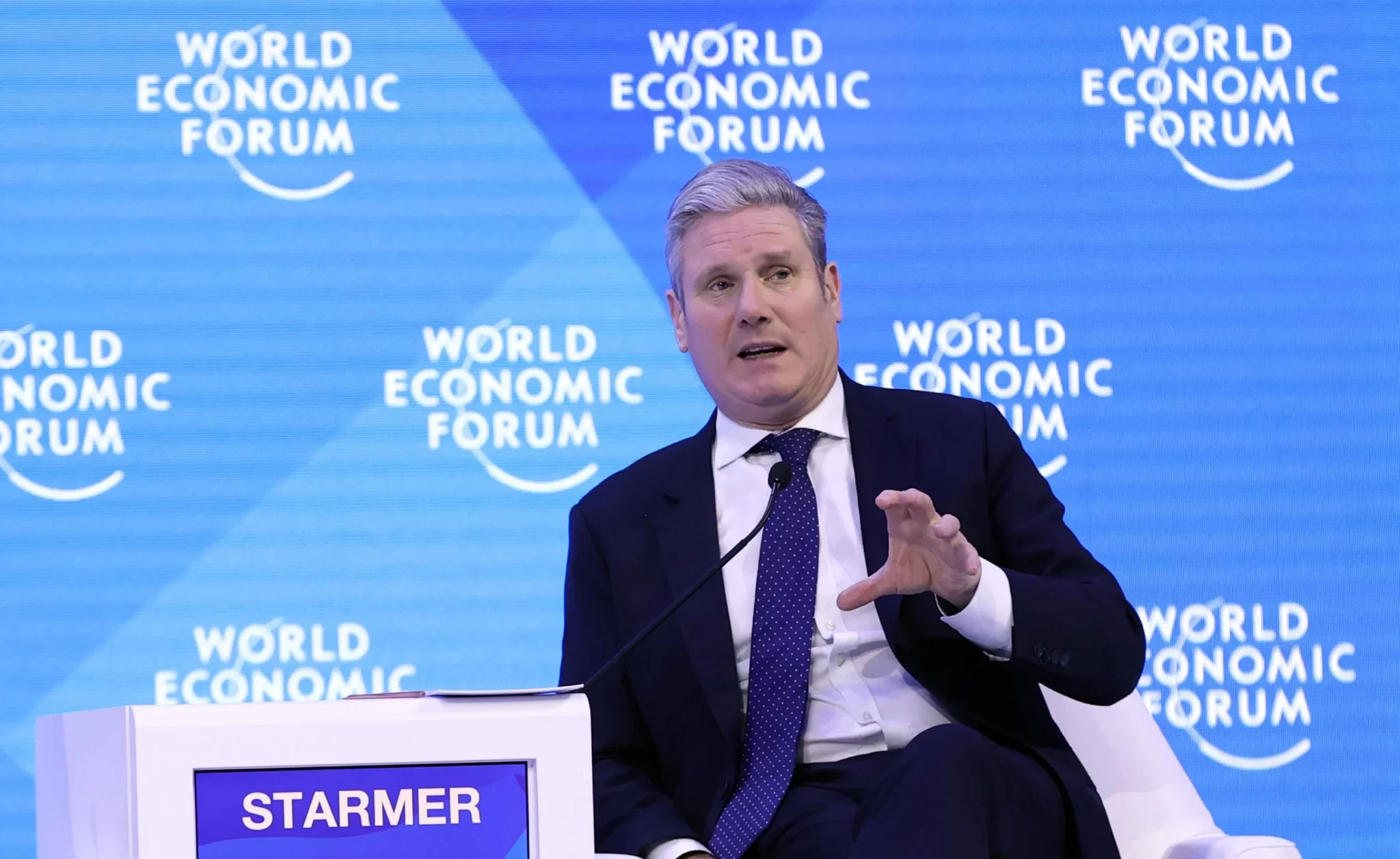Police admit eviction of homeless people who had tents destroyed was unlawful
Original article by at OpenDemocracy republished under a Creative Commons Attribution-NonCommercial 4.0 International licence.
Met chief Mark Rowley has apologised for the incident outside a London hospital in November
Met Police commissioner Mark Rowley has apologised for unlawfully ordering people sleeping rough to move from outside a hospital during an operation that also saw their tents destroyed.
The eviction in central London, first covered by openDemocracy, sparked outrage when videos showed tents being thrown into the back of a bin lorry by officers working for Camden Council.
It happened in November, days after disgraced former home secretary Suella Braverman declared homelessness was a “lifestyle choice” and was reported to be planning a crackdown on tents in urban areas.
Anthony Sinclair was arrested after refusing to leave the area and while in custody had all of his belongings and his tent binned. Backed by human rights campaign group Liberty and outreach workers at Streets Kitchen, Sinclair threatened legal action against the Met chief on the grounds that dispersal orders should not prevent people from accessing the place where they live. Liberty also said the actions of police breached his human rights and put him and others at risk of harm.
Now, in a letter, Rowley’s lawyers have stated: “The commissioner accepts that the decisions were unlawful in the circumstances, in particular as regards the direction for your client to leave a place where he had been living for some time.”
The ‘section 35’ dispersal order was issued by the Met after concerns from University College Hospital (UCH) about anti-social behaviour from people living in the tents outside. The landmark case could now stop such orders being used against people experiencing homelessness who have been in the same area for an extended period of time.
Sinclair said: “The treatment that I and others received at the hands of police officers was inhumane.
“I was arrested for refusing to leave the place where I had been living for eight months, and while I was held for six hours in custody, my tent and other belongings were taken away and destroyed.
“I am glad to see this admission from the police that this was wrong, and I hope that no-one in the future receives the treatment that I did.”
The Met Police will also discuss compensation with Sinclair.
Elodie Berland, Streets Kitchen co-ordinator, said: “We were shocked, though not surprised, to witness the Metropolitan Police and Camden Council’s cruel actions attacking those at perhaps the lowest points of their lives experiencing homelessness.
“This was not an isolated incident where powers were used unlawfully to disperse people and destroy their possessions. This is sadly something we witness regularly.
“The Met’s acknowledgment that they indeed acted unlawfully and their apology are certainly a step in the right direction and highlights the need to always be observant and resist such cruel acts whenever they occur anywhere. Being homeless is not a crime – the fact that it exists should be.”
Camden’s Labour council initially said it had had “no role in enforcing this eviction” but, after looking into the matter further, vowed to carry out an “urgent investigation”. Its acting leader Pat Callaghan said at the time she was “deeply concerned” by the videos.
Liberty lawyer Lana Adamou said: “We all have the right to be treated with dignity and respect, whatever our circumstances. But increasingly, people living on the streets are being subject to unfair and degrading treatment by police, putting them at risk of harm.
“This government is criminalising poverty and homelessness, and police are misusing powers they have been given such as dispersal orders as a short-term fix to remove people from an area, instead of providing support or dealing with the root causes of these issues.
“We’re glad to see the police admit that their officers should not have treated our client or the other people affected in this way and that our client’s rights were breached, and we welcome the commissioner’s apology. This sends a clear message that dispersal orders should not be used against people living on the streets in this way.”
In their letter, Rowley’s lawyers said: “The MPS will be taking actions to ensure that in future, proper consideration is given to whether the Part 3 dispersals powers are appropriate for homeless persons.”
Chief superintendent Andy Carter, who is responsible for policing in Camden, said: “We don’t underestimate the impact of this incident on the man and will be meeting him to apologise in person, and listen to any views he might have.
“My officers will be taking part in further legal training around use of their dispersal powers so that we can ensure this does not happen again and that we use this tactic responsibly.”
Original article by at OpenDemocracy republished under a Creative Commons Attribution-NonCommercial 4.0 International licence.



